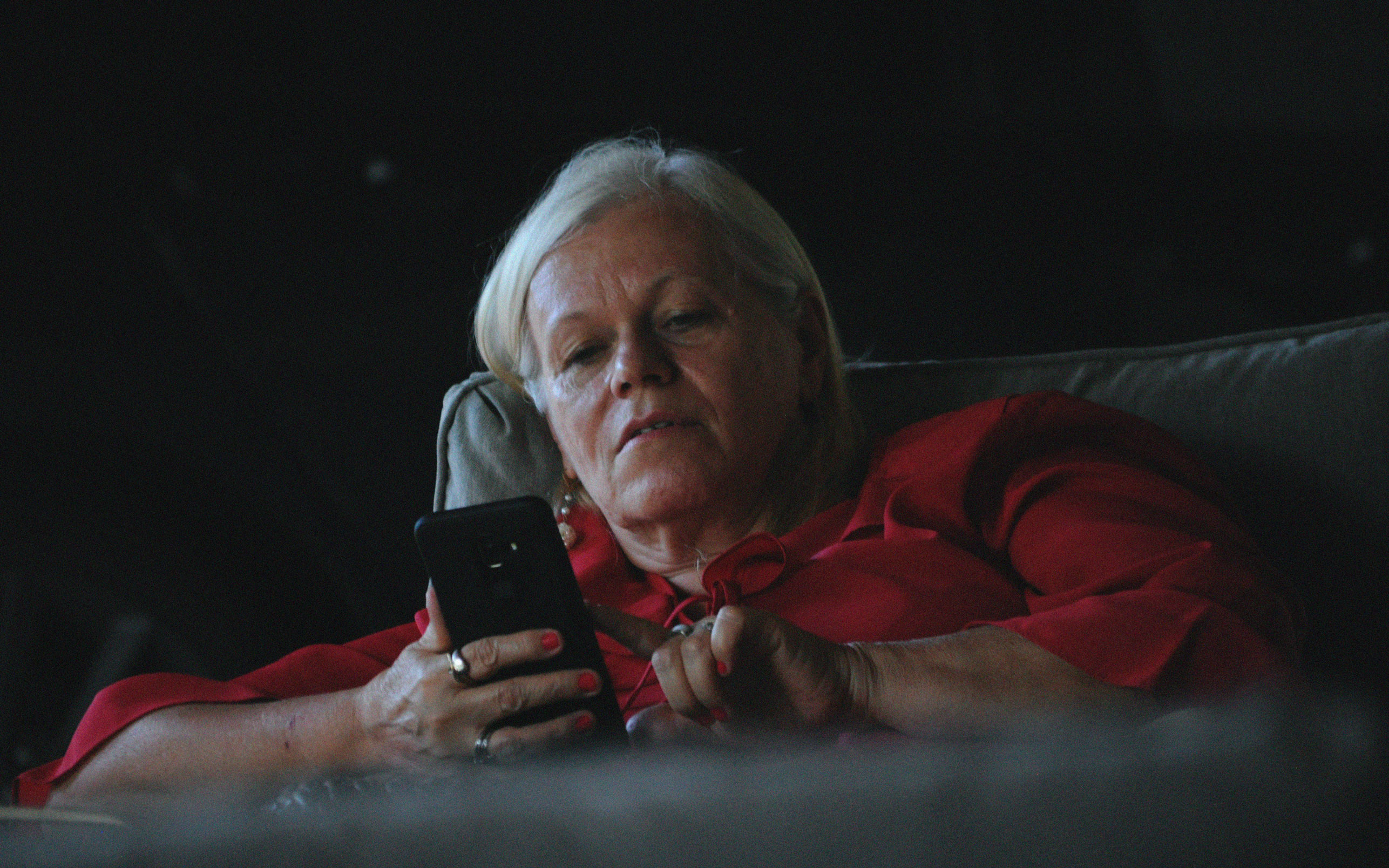Evolution or revolution? That is the question we set out to answer with our recent study that explored mobile operator marketing in the 5G and COVID-impacted world. With the pandemic having its way with the world, it was clear that mobile operator marketing would be facing some changes. Indeed, this is what we discovered.
Our previous post highlighted two of the key changes that were observed: the not insignificant loss of £31 billion of revenue and a change in customer demand that saw a 30% increase in demand for data.

Let’s explore some other changes that arose: one such development was the prioritization of digital channels. For some mobile service providers (MSPs), this proved an easy feat – it was simply a case of redirecting customers or educating them on the new ways of engaging. Other MSPs had more to do as they needed to start from scratch and establish the channels they wanted to employ.
Amongst the new ways of operators engaging with their customers were established services such as WhatsApp. The opening of these new channels had a positive impact; customers received them well and the revenue generated by these routes had jumped from 25% to 41% by early 2021.
Also facing change was the role of the physical store. For years, the bricks-and-mortar shop stood as the MSP’s final step in acquiring customers; however, this process was quickly displaced by the pandemic. What was once an integral part of the marketing process had been replaced by various digital alternatives including online customer events. Although high streets did see the re-opening of some physical stores, they returned with different models that catered for COVID-19 safety procedures (for instance, some stores operated on an appointment-only basis). Several stores, however, did not re-open.
In short, COVID-19 presented four main changes for the mobile industry: revenue was significantly impacted, customer demand increased, digital channels became dominant and the importance of the physical store was diminished. Although these changes represented major disruption, it appears that overall the industry rose to the challenge, and even thrived, driving forward digital transformation efforts.
On top of these changes, the pandemic is bringing about a period of change for mobile operator marketing. As society starts to re-open and tries to establish its new normal, outdoor marketing is likely to regain some of its former relevance. Direct marketing to the consumer, via channels such as SMS, is likely to become more common. It also appears that the relationship between business customers and their mobile operators is set to become closer – this is advantageous as it is a key factor in taking forward the Internet of Things and other connected facilities.
So, what’s the verdict - evolution or revolution? Were these changes always bound to happen in the natural order of things, or was it purely down to a global virus forcing radical shifts out of necessity? What do you think?
To learn more about our study and how Opensignal is helping operators understand, improve and change perceptions about network experience, get in touch with us at www.opensignal.com/contact/
Opensignal Limited retains ownership of this insight including all intellectual property rights, data, content, graphs & analysis. Reports and insights produced by Opensignal Limited may not be quoted, reproduced, distributed, published for any commercial purpose (including use in advertisements or other promotional content) without prior written consent. Journalists are encouraged to quote information included in Opensignal reports and insights provided they include clear source attribution. For more information, contact [email protected].
